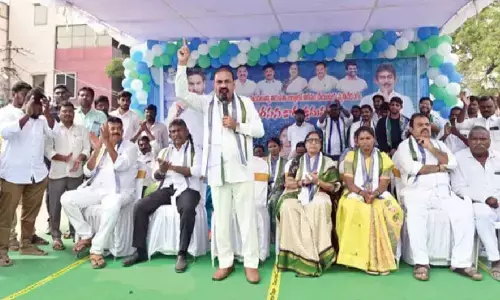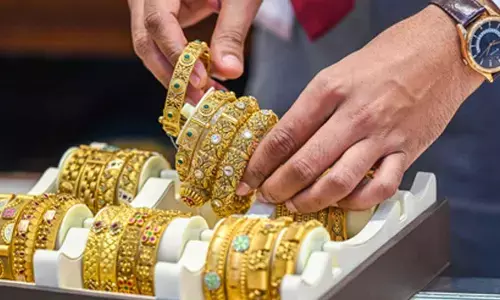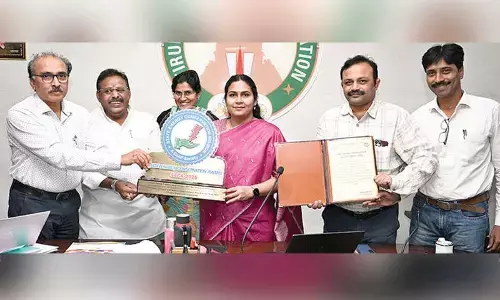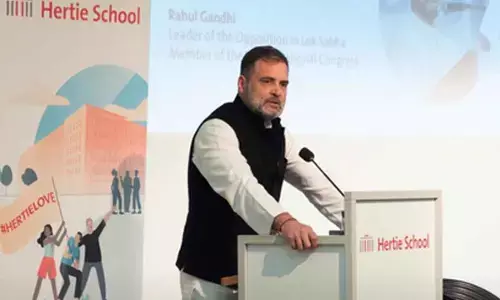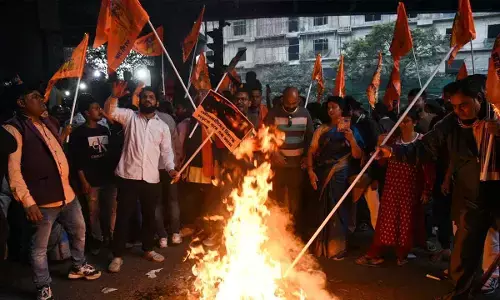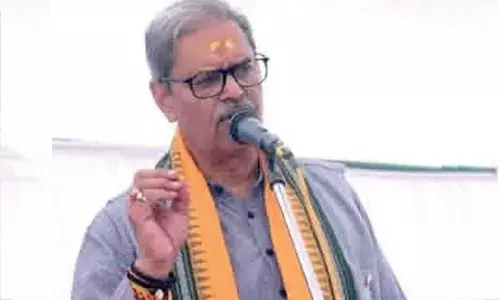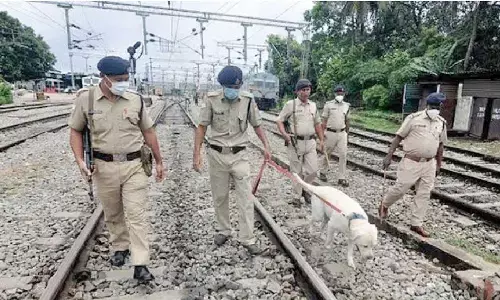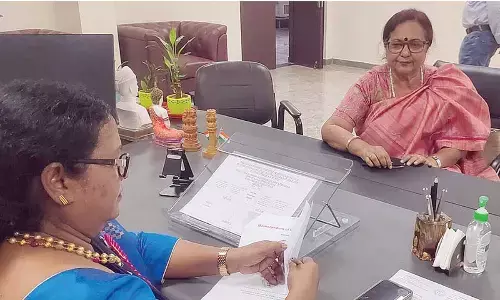New Delhi: Critical analysis fine, but no exception for Arvind Kejriwal says Supreme Court
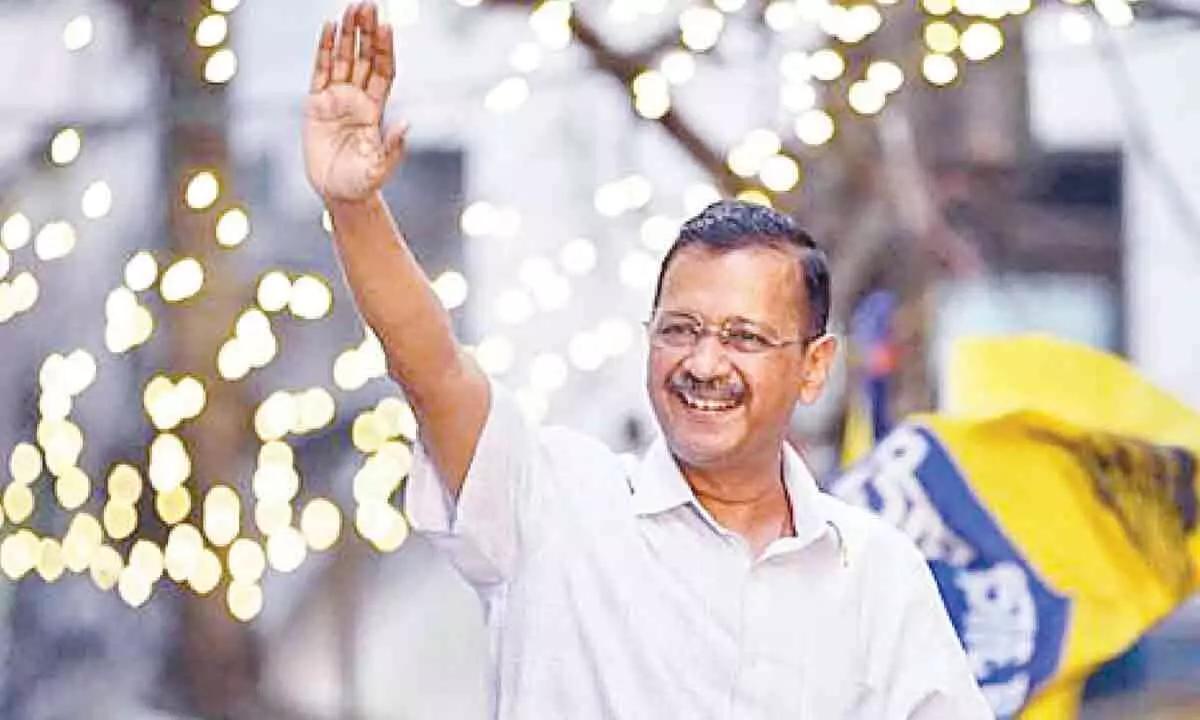
Appearing for the ED, Solicitor General Tushar Mehta objected to Kejriwal's speeches in poll rallies that if people voted for AAP, he would not have to go back to prison on June 2
New Delhi : The Supreme Court said on Thursday that it has not made any exception for Delhi Chief Minister Arvind Kejriwal in granting him interim bail for campaigning in the Lok Sabha polls and "critical analysis of the judgment is welcome".
A bench of Justices Sanjiv Khanna and Dipankar Datta refused to consider claims and counters of the Enforcement Directorate (ED) and Kejriwal's lawyer on statements made related to the interim bail to the Aam Aadmi Party national convenor.
"We have not made any exception for anybody, we said in our order what we felt was justified," the bench said, adding that critical analysis of the judgment is "welcome".
Appearing for the ED, Solicitor General Tushar Mehta objected to Kejriwal's speeches in poll rallies that if people voted for AAP, he would not have to go back to prison on June 2.
"This is a clear violation of conditions set by the court. It is a slap in the face of the judiciary." "It is his assumption, we cannot say anything," the bench told Mehta. A statement made by a senior Union Minister, who was not named during the proceedings, was pointed out by advocate Abhishek Singhvi, who was appearing for Kejriwal.
The top court was hearing Kejriwal's main plea against his arrest. On May 10, the apex court granted interim bail to Kejriwal in a money laundering case related to the alleged Delhi excise policy scam. The court has asked him to surrender on June 2. The court last week also snubbed a petition seeking Mr Kejriwal's removal.
A bench of Justice Sanjiv Khanna and Justice Dipankar Datta said it was up to Delhi Lieutenant Governor VK Saxena to act, if the situation warranted intervention, and refused to interfere. The court said there was no legal merit to the petition and noted, "Ultimately it is a matter of propriety."









